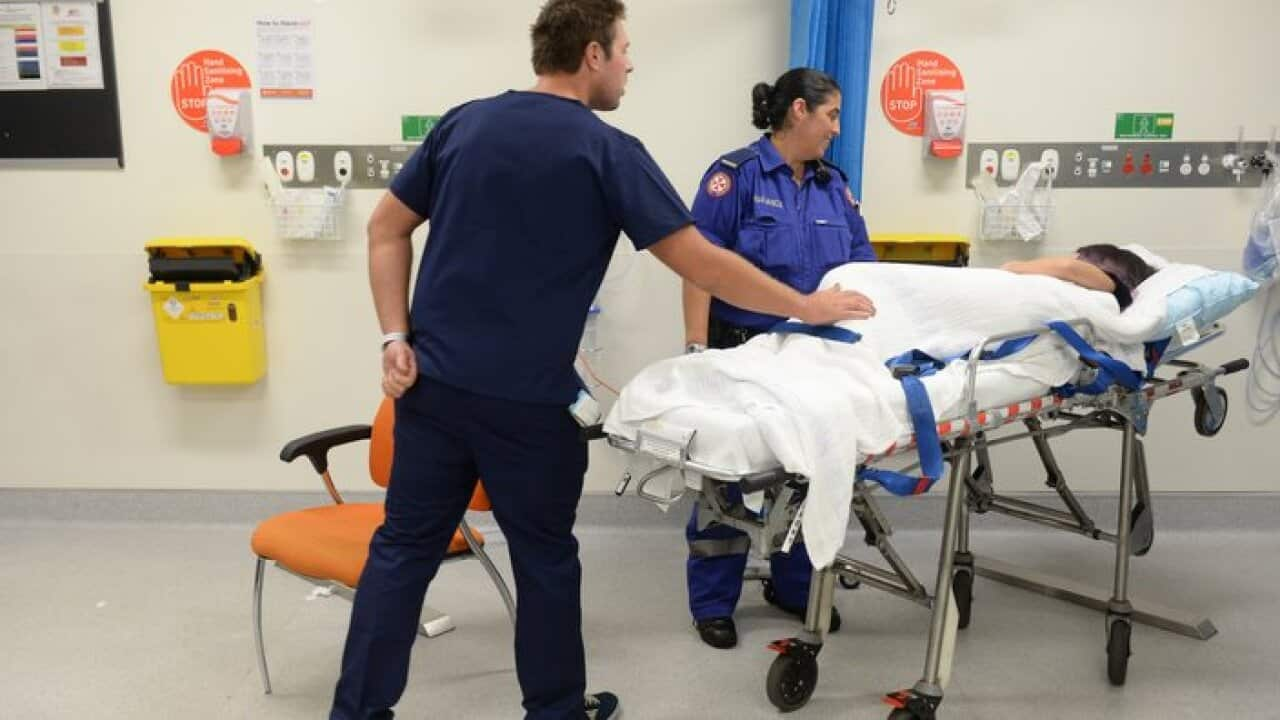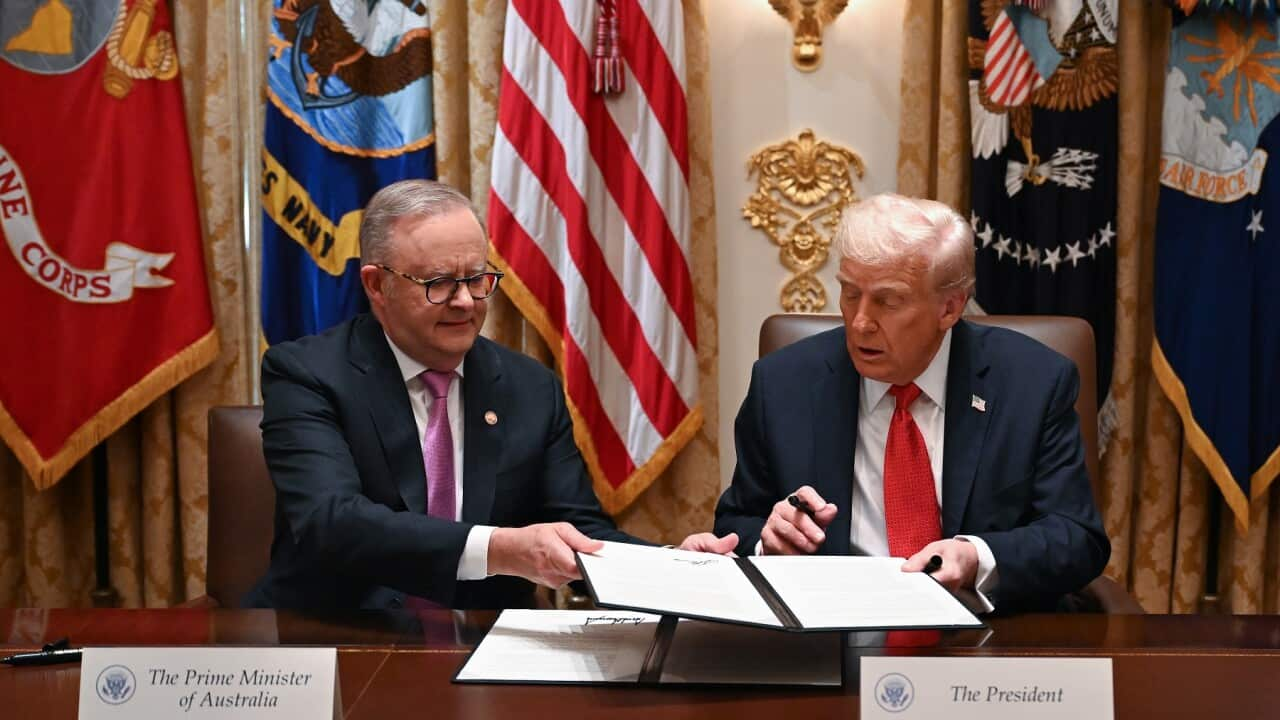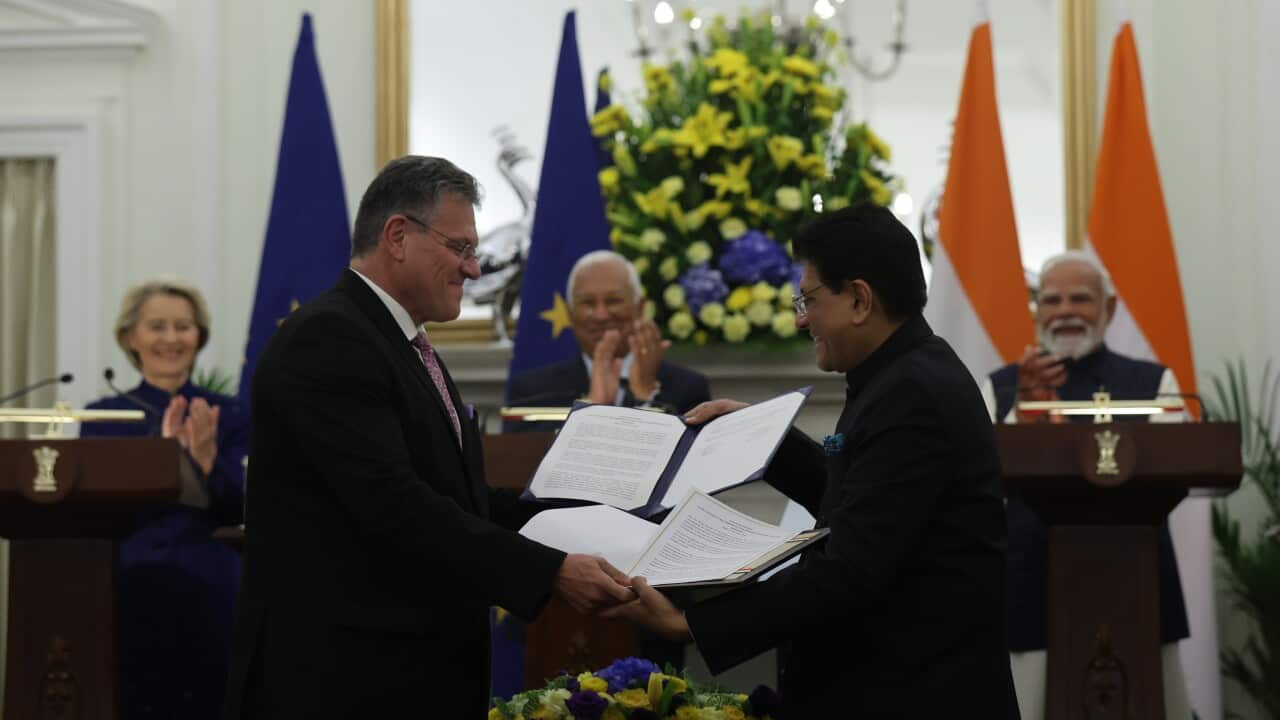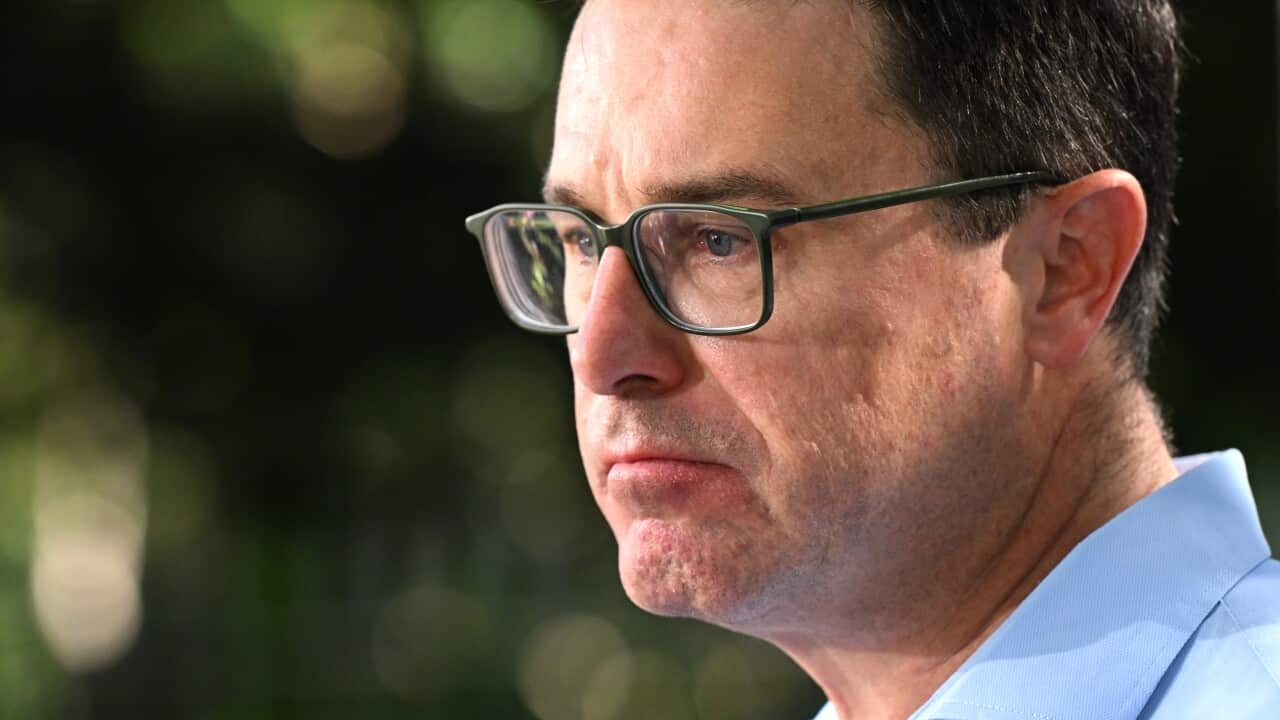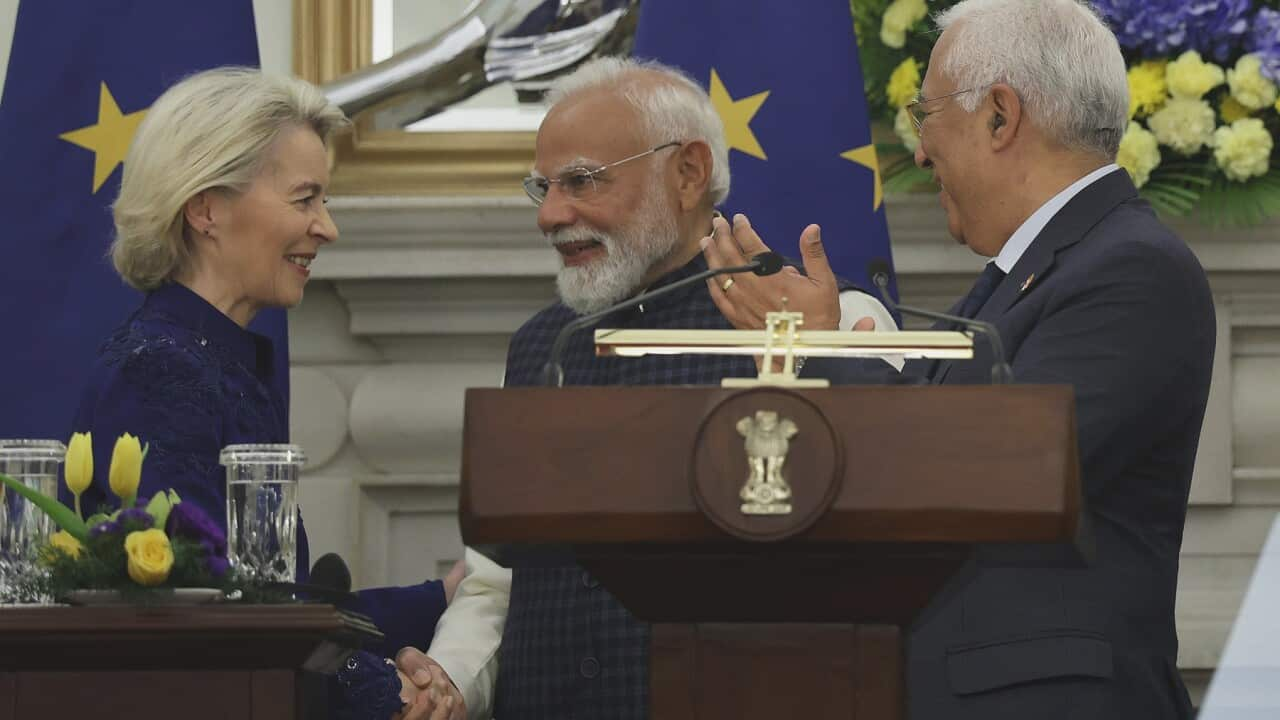It's a multi-dimensional response by Victorian government that is needed to fight a multi-dimensional problem to keep Australians healthy at such a critical time.
Highlights
* Health Minister Jenny Mikakos announced 120 more paramedics will join soon.
* Adult Retrieval Victoria service will be expanded to be a 24-hour service over the next six months.
The Victorian government is expediting the introduction of more people to the frontlines i.e. healthcare workers and paramedics in the state.
Health Minister Jenny Mikakos announced
”Our paramedics do incredibly important work, and I'm grateful to them for the important work that they do. What we're announcing today is that we will bring forward the recruitment of 120 paramedics. These are paramedics that would have been recruited in the next financial year - they will now be recruited by Ambulance Victoria in the months of May and June."
The Chief Executive of Ambulance Victoria, associate professor Tony Walker saysresponding to the current pandemic is something the organisation had been planning for before the crisis reached its current level in Australia.
He says the extra staff will help the organisation cope with a range of eventualities.
“We've been planning for COVID-19 since mid-January, as part of the overall health response. As part of this work, to be able to bolster our workforce by an initial 120 paramedics, as the minister said, that were going to be recruited next year, coming into the next couple of months, ensures that we've got a sufficient number of ambulances to be able to respond in the event the workload goes up, or in the event that we end up having staff that may be off work due to illness or care responsibilities."
Even before the current crisis, Victoria's paramedics have been busy people at work.
In the three months to December, official statistics show they transported nearly 80,000 Code One emergency cases - that's more than 4,000 more than a year earlier.
The government claims more than 82 per cent of such cases were responded to within the benchmark of 15 minutes, with the average time taken for paramedics to arrive being around 11 and a half minutes.
Ms Mikakos says the expansion in staff due to the coronavirus will not only help fight the virus, but also more conventional medical problems.
She's also keen to emphasise a better service for those living outside Victoria's main metropolitan area.
"As part of that recruitment, there will be more paramedics on the road, of course. But also, as part of the secondary triage service, that means that people calling through on the phone service, if there are less urgent matters, can also get the health advice that they need. "
She added the adult retrieval service in Victoria, which transports critically-ill patients from regional communities to hospitals in metropolitan Melbourne will be expanded to be a round the clock service over the next six months for the very first time.
“So, this is making sure that all Victorians, no matter where they live, can get the support that they will need as part of our COVID-19 response.”
Mr Walker is particularly pleased with the new around-the-clock nature of the service.
A paramedicine course generally entails three years of university study, teaching students the fundamentals of their medical training - including anatomy, biology, and physiology.
Those wishing to join as graduates must be in their final semester of study at the least.
And those applying must undergo a structured assessment program, which includes medical and physical assessment, as well as psychological screening.
This goes alongside practical application of knowledge in scenario-based assessments.
But regardless of the barriers, those who do the job are welcoming the coming additions to their ranks at such a critical time.
Ambulance Victoria paramedic Eliza Leslie says the fast-tracking of the new recruits will take away some of the anxiety of the situation.
Cognisant of a changing society, Ambulance Victoria emphasises it encourages applications from Indigenous people and from migrant backgrounds.
It's just one of many indications of the need to work together across society to fight a challenge that threatens a broad cross-section of the population.
---
You can stay up to date on coronavirus in your language at sbs.com.au/coronavirus
Tune into SBS Hindi at 5 pm every day and follow us on Facebook and Twitter
People in Australia must stay at least 1.5 metres away from others and gatherings are limited to two people unless you are with your family or household.
If you believe you may have contracted the virus, call your doctor, don’t visit, or contact the national Coronavirus Health Information Hotline on 1800 020 080.
If you are struggling to breathe or experiencing a medical emergency, call 000.

